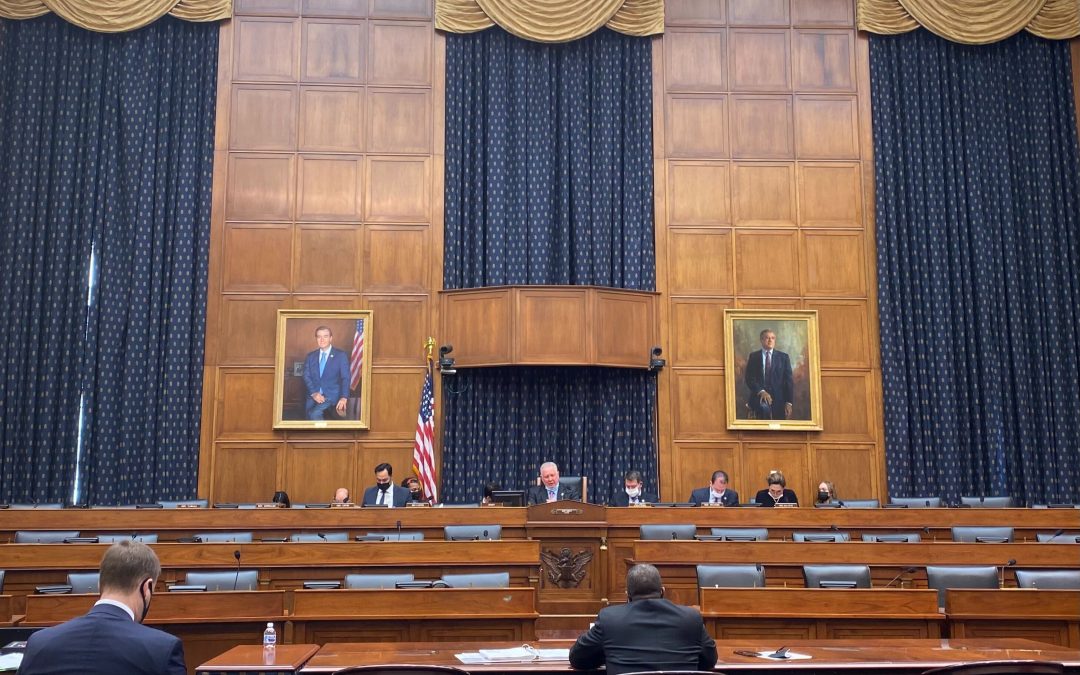WASHINGTON — Threats to human rights and democracy were central to lawmakers’ conversations Tuesday at a House Foreign Affairs hearing to examine the Biden administration’s policy priorities for Latin America and the Caribbean.
“It is a turbulent time for the Western Hemisphere,” said subcommittee Chairman Rep. Albio Sires, D-N.J.
The COVID-19 pandemic hit the region hard, issues of migration and security persist, and “we are dealing with three fully-consolidated dictatorships” in the region, Sires said.
The regimes in Cuba, Venezuela and Nicaragua, called “a troika of tyranny” by Trump-era United States National Security Advisor John Bolton, have long been in turmoil. The suppression of free speech and the repression of human rights protections have intensified as the countries’ dictatorial governments tighten their respective holds.
Now, countries like Guatemala and El Salvador, Sires said, are seeing “major setbacks to judicial independence, the fight against corruption and the rule of law.”
In Honduras, violence and unrest are on the rise leading up to the country’s Nov. 28 general election. In Haiti, disasters and ongoing conflicts have led to what Sires called a “complete deterioration of the state.”
Ranking member Mark Green, R-Tenn., affirmed Sires’ concerns and underscored the subcommittee’s bipartisan push toward a new focus on the Western Hemisphere.
Green said he looks forward to working with the State Department to find opportunities to nearshore — or outsource work or labor to a nearby country — to reduce the flow of illegal migrants into the United States. Nearshoring has been a key table topic in conversations about Western Hemisphere trade and policy.
“But we also need to address the root causes of migration,” Green said, “such as a lack of economic opportunity, rampant corruption and significant levels of crime.”
State Department Assistant Secretary for Western Hemisphere Affairs Brian Nichols laid out the State Department’s key issues in the region: irregular migration, democratic reform, civilian security, pandemic recovery and economic development.
“We cannot separate our country’s fortunes from those of our closest neighbors,” said Nichols.
Addressing the state of democracy in Cuba, Venezuela and Nicaragua will also be a priority, Nichols said — as will promoting peace and recovery in Haiti.
“Ultimately,” Sires said, “our commitment to democracy and human rights should be the backbone of everything we do.”
human rights and democracy in latin america | human rights and democracy in latin america

